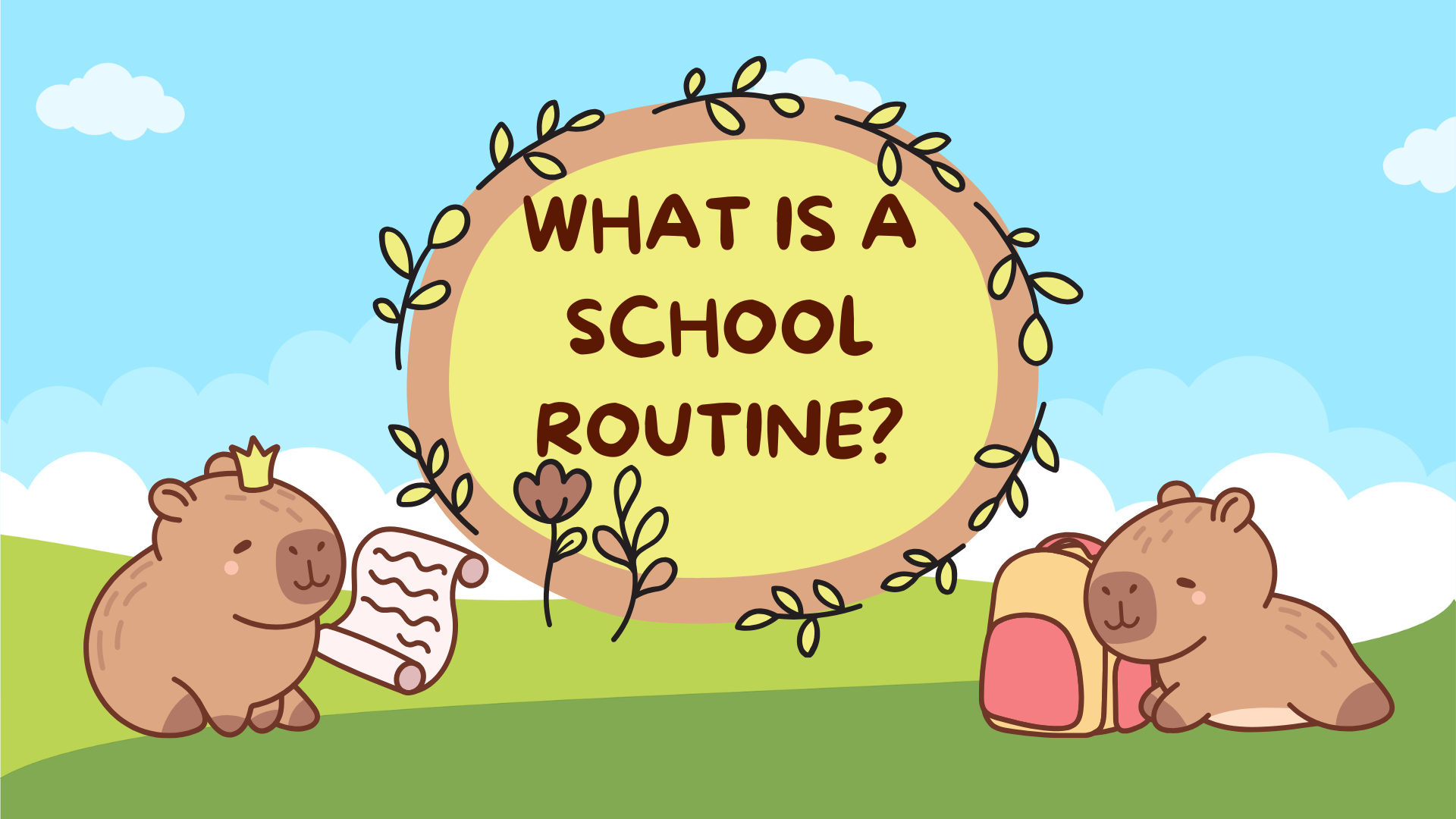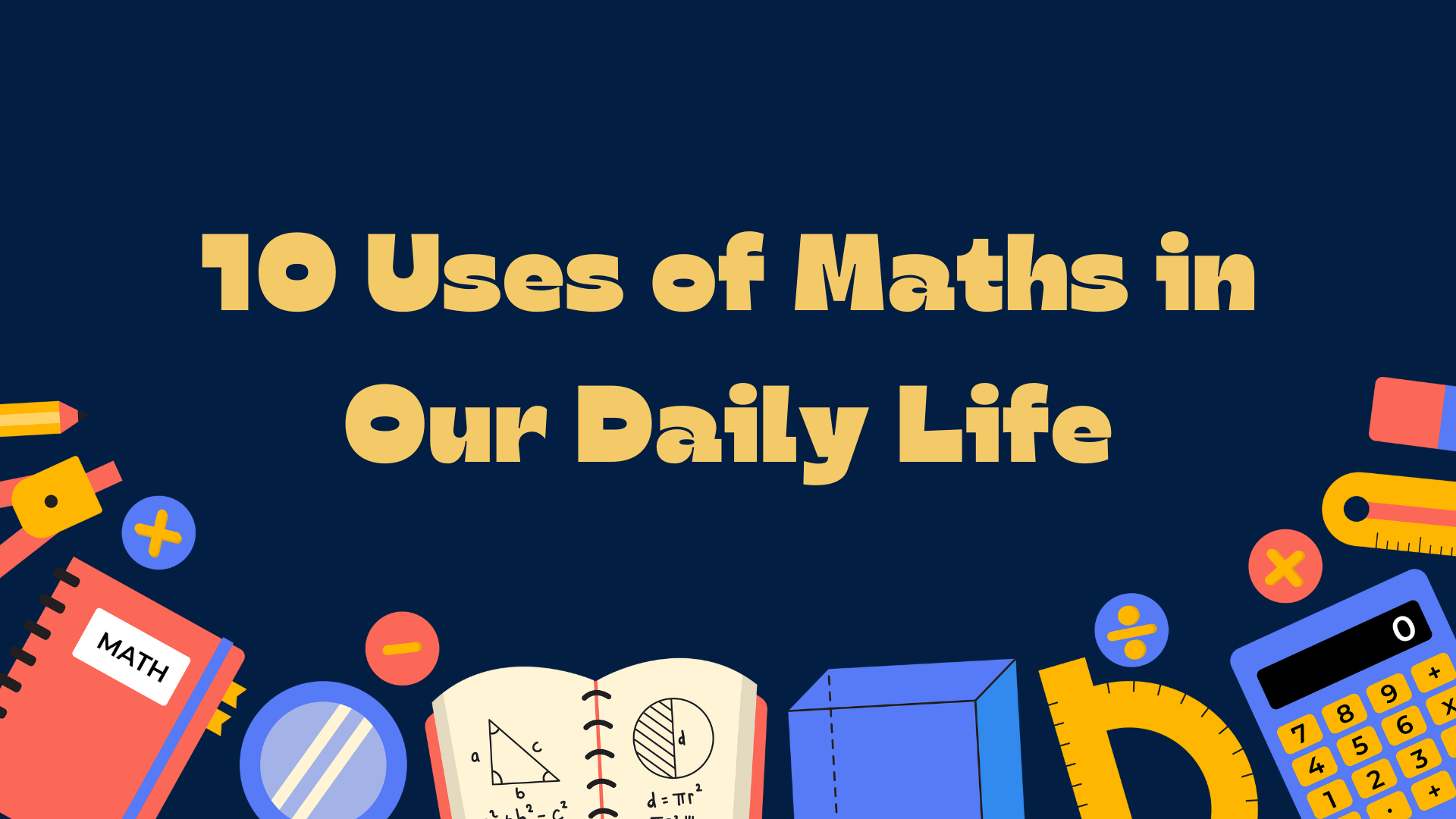
Advantages and Disadvantages of Internet for Students
The internet revolutionized the end of the 20th century by becoming an intangible medium of networking that connected the entire world. It soon changed how we work, interact, explore, and learn, creating one of the world’s most valuable assets. Education has shifted from being entirely dependent on blackboards and books to utilizing search engines on the internet for research and learning. While there are numerous advantages and disadvantages of the internet, let us first consider that its existence wouldn’t have allowed us to build our modern society.
Advantages of internet for students
Here is a list of the top advantages of the internet and why parents and teachers must encourage student accessibility:
Resource
The internet has made learning easy across subjects, genres, and interests. It is a virtual library waiting to be uncovered by simply typing search terms relevant to what you want to know. Data acquired from the internet helps build school projects, often in conjunction with research papers and case studies. Every question can be easily answered through videos, blog posts, and infographics through sources like ChatGPT, Google, Bing, and more.
Courses
Students in higher classes often want to pursue courses that either assist or upskill their academic knowledge. Online courses through platforms like Udemy, Skillshare, and Coursera widen learning possibilities through tutorials and live classes.
Online education
A worldwide pandemic has shown us that education can be effectively shifted online with the help of the internet. During challenging times, studies don’t need to take a backseat, even when students are not physically attending school. While we have moved on from that temporary setting, the internet helped us sustain during that time. It increases the possibilities of online education and virtual learning.
Socializing
Socializing can be considered both an advantage and a disadvantage of the internet. On one end, it connects students with classmates who can share learning sources and grow together. However, it can also lead to addiction to social media apps, resulting in multiple wasted hours of doomscrolling.
With parental control and guidance, students can use their mobile phones as a resource for connectivity and knowledge sharing. However, the internet connects students all across the world, allowing them to explore their skills in communication through texts, calls, and video chat services.
Exploring hobbies and interests
A medium that connects people from all over the world makes it easy for us to render and offer services. For example, if you’re child is keen on learning mouth organ but doesn’t have access to a local teacher nearby, you can always opt for online classes. YouTube is an excellent source for learning the basics of multiple instruments or for learning from professional tutors by hiring them online.
Learning skills
The internet is a valuable resource for developing skills across various interests. Growing kids nowadays want to start their YouTube channels, play online games, participate in competitions, learn about AI, and use it as a learning assistant. Picking up skills online prepares students for activities they’d have to do on the job.
Growing an interest
Providing access to the internet enables students to explore their interests through the apps they choose to download and utilize. While parents must constantly monitor their usage, it is interesting to find out what engages them and how they interact with internet services.
Skills such as typing, recording, and making calls are basic activities that individuals need to learn to use connectivity services. Not giving access will prevent them from learning skills that they might need during emergencies.
Entertainment
Entertainment is again one of the advantages and disadvantages of the internet, as it can be both beneficial and detrimental. Entertainment that offers knowledge, grows interest, and engages kids in learning something new is beneficial. However, overindulgence can lead to internet addiction, antisocial behavior, and stress their eyes from a young age. Using the internet for entertainment in moderation is the best way to reap the benefits.
Disadvantages of internet for students
Here are some concerns associated with internet usage by students:
Shorter attention span
While the internet gives us access to virtually anything, too many options can make us fickle-minded. Students can find themselves jumping from one app to another with constant changes and stimulation. It causes them to lose focus on one thing at a time and impacts their studies, which require concentration.
The shortening of attention spans has become more apparent since short videos have taken over the internet. Constantly scrolling through multiple pieces of information that ultimately don’t add value robs us of time, energy, and mental bandwidth for constructive learning.
Internet addiction
Access to social media, video games, and streaming apps can lead to students becoming addicted to their cellular devices. It can distract them from studies, making them want to spend more time on their phones than doing homework. Parents must monitor their children’s usage and restrict allowances, especially during study periods.
Cyberbullying
Cyberbullying is a form of virtual teasing where attackers target internet users by harassing them online. Children are most vulnerable to cyberbullying as it impacts them mentally, and many of them can’t process their emotions. Many times, they are afraid to reveal such acts out of embarrassment and suffer in silence. Cyberbullying is a criminal offence, and it is essential to educate children about encounters of such malicious behavior that can be immediately reported.
Identity crisis
The virtual world is often alien to the real world. Social media today has become a means to create fake realities, making virtual worlds appear beautiful, even if the truth is different. Growing kids often look at the lives of others and feel envious. It usually creates an identity crisis as they attempt to adopt characteristics of others that are distinct from their own reality. Such life-altering attempts often prevent children from realizing the full potential of their own abilities.
Loneliness
While the internet connects us with people from all over the world, it also detaches us from physical connections. People today are a text and a call away, but they are losing the warmth of close proximity.
Many kids don’t go out and play during the evenings. They would rather sit back home and play video games. It detaches them from physically exhausting activities, such as playing sports and cycling in the park, while increasing online activity that stresses their eyes and minds.
Making the best use of the internet
The list of advantages and disadvantages of the internet shows that there are pros and cons in every aspect of the virtual world. Parents and teachers need to guide students so that they are both encouraged to use the internet while being aware of their boundaries. The control parents create to limit usage must be justified in terms of its benefits, so that they understand what’s best for them.
Classes like computer science utilize computer applications and the internet as resources to teach chapters relevant to academics. Often, the internet is necessary for completing projects and assignments that require in-depth research. Now, with the CBSE introducing skills subjects like AI and digital marketing, the use of the internet for education has become more apparent. Balancing the use of the internet for entertainment and education is key to optimizing benefits for students.







